or most of his childhood, my father lived right beside Beirut’s green demarcation line in a clumsy, battered two-story landmark with coral walls and green shutters. Though much of it has crumbled, and its walls bear the scars of war, still it stands, hidden among the more sturdy buildings on Mar Maroun Street.
The playground of the nearby school was a stark reminder of the terror that once infected the area. My dad had told me, “When Ain El Remmaneh was besieged, whoever died was placed in a plastic bag and thrown into the playground of Seid School. That playground was filled with the corpses of those who died without a cause.”
A train compartment positioned sideways in the street blocked the passage from East to West Beirut. Sand-filled shipping containers were stacked on top to prevent snipers from shooting the passersby. People could not walk along the street to carry out their errands. Whenever they needed to go to the store, they hurried from building to building through holes in the walls.
“We couldn’t even open the windows,” my father would tell me. “We would lay out our mattresses in the inner corridor of our house whenever the shelling started. A shell had to penetrate two walls before it reached us. Once, a bomb exploded right above our bedroom, and sometimes as I looked outside, I would see bullets coming towards us and leaving their marks on the exterior walls… We had no electricity, no phone lines, and no water. Moldy bread was a regular meal. The worst part was the arbitrary killing and kidnapping.”
Dystopian snapshots of Beirut flood my mind whenever my parents share stories of war. Like my parents, many Lebanese had to live long after the war with what Samir Khalaf called “the distinctive residues of collective terror and strife.” That series of proxy wars fought on our land ended with no clear resolution. The massacres and colossal damage were futile.
Where do I begin to recount the woes that befell this country in the past century or so? Shall I start with the 1860 Druze-Christian war that killed thousands? Shall I tell of the Lebanese mass starvation during the Great War, as the 400-year-rule of the Ottoman Empire shuddered and collapsed and the 1920 French mandate brewed underground?
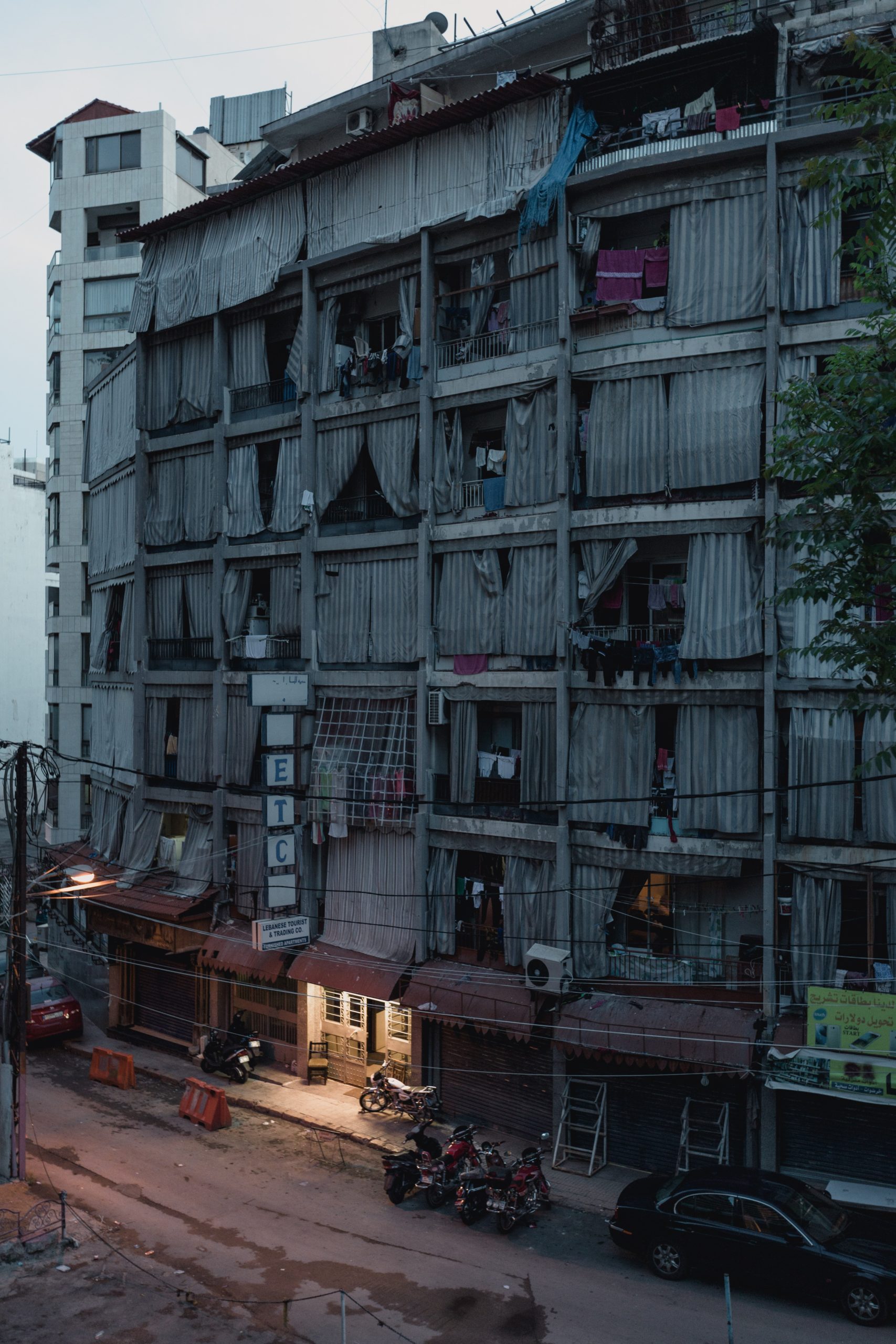
Marten Bjork
In 1946, French troops left Lebanon. In retrospect, we know too well that the jubilation over the arrival of our long-awaited autonomy soon turned to mourning. A series of calamitous events mixed with external interference led to the 1975 Civil War—that piece of history that is left out of our school textbooks because it is too controversial. I was not there to witness the atrocities, but their shadows still follow me and will follow generations to come.
I was born in December 1991. The war had recently ended, and Lebanon was off to a fresh start—or so we would have liked to believe. For the next three decades, the country continued to sink deeper into the pit while rivalries festered. Every time the country tried to stand back on its feet, another blow sent Lebanon to its knees, panting for breath, begging for life.
I hadn’t always clung to my country. Growing up, I never felt I belonged here. I longed to escape to foreign lands. At 14, it seemed that my dream was coming true. A high school in Illinois awarded me a scholarship, and if all went well, I would pursue my college degree in America. My paperwork and plane ticket were ready. The school sent the I-20 form, and my host family was expecting me. But two things happened that year.
The July 2006 Israel-Hezbollah war broke out. I remember July 12 being uncharacteristically cold and gloomy for a summer day. The Israeli army raided Lebanon, and the Beirut International Airport shut down. If that wasn’t enough to deter my travels, I was denied a visa due to my young age. I remember feeling an inexplicable serenity as I stared at the sea from outside the consulate.
“I am so proud of you,” my mother said after we had arrived home. “You were so confident.” We both burst out laughing. Then, her laughter turned into tears, and my soldierly restraint dissolved. But in the years to follow, I no longer wished to run away.
I was born to a Maronite Christian family, but it was at a small evangelical school that I met Christ. Whenever I think of that school, I can almost hear the faint screams of delight from children echoing through the winter playground, and the sound of their shoes squeaking on the slippery floor. I can almost hear the singing during morning chapels and the principal telling us about God’s marvelous love.
In 2006, war was not the only thing that was ushered into my life. Amid the gnawing fear of airstrikes, a newfound peace glowed within me that summer. I had found Jesus. I meant to follow him even when my loved ones–and society at large–opposed me. As a young girl, that wasn’t always an easy task.
The past two years have smothered many of the dreams I once had for this country. But I would like to believe that God is not yet done with Lebanon. My eyes have seen his followers’ responses to the recent tragedies. I have seen it in my own workplace. The faithfulness and compassion of the people at the Arab Baptist Theological Seminary (ABTS) have left an irreversible mark on me.
“I grew up during the Lebanese civil war when the Church was mostly silent and in hiding,” ABTS President, Elie Haddad, shared in an article right after the 2020 Beirut explosion. “If you go to Beirut today, you don’t have to look far to see the hands and feet of Jesus.”
These healing hands and feet moved into action the Saturday after the Beirut explosion, when a taxi arrived on campus with the first traumatized family. The family’s clothes were stained with blood and Betadine. They had nothing but their medicine in a small plastic bag. Elie listened to a woman as her hands trembled and her eyes welled with tears. He comforted her, and he assured her that the people at ABTS would do all they could to help.
“My mother often told the story of how she had fled her home at the start of the Lebanese civil war—a baby boy in her arms and a little girl tagging along,” Elie shared in an interview. Although this encounter brought back recollections of war, in his words, “It reminded me that we are here for a Divine cause. As long as God wants to use us, we must be ready to give our lives away.”
I cannot resort to false optimism and say that Lebanon will rise up from the dust. I cannot lecture about the need for repentance of lethargy, the need to withstand the pain so that life may spring from death. As high and resonant as it might sound, given our current circumstances, I fear that my words may border on the absurd and dismissive. Sometimes, one cannot help but think that, in our hapless state, something waits around the corner to pounce on Lebanon as soon as it becomes weak enough. When the Lebanese people have nowhere else to go, will they most willingly sell their souls to the first fraudulent voice that promises to save them? Or will they finally give their souls to the One who actually can?
What do people hold on to when everything is laid waste?
In 1922, modernist poet T. S. Eliot published his well-known poem, “The Waste Land.” The poem’s five sections portray life in London in the aftermath of World War I. To portray the fragmentation and sterility of the modern world, the poem uses rhetorical discontinuity and the juxtaposition of allusions to numerous works, including the Bible, Shakespeare, St. Augustine, Baudelaire, and Wagnerian opera. The poem also reflects Eliot’s era in its references to gramophones, motorcars, and typists.
“April is the cruelest month,” the poem opens, for spring reminds people of the stirrings of life that might rouse them from their dormancy. Coming back to life is not without its own pain. The poem ends with the triple repetition of the Sanskrit word “Shantih,” which Eliot translates as “the peace which passeth understanding.”
I find myself clinging to this hope, both for myself and for my country.
Cover Photograph by Natalya Letunova
Enjoying the Globe Issue?
Order your Deluxe
Print Edition Today!
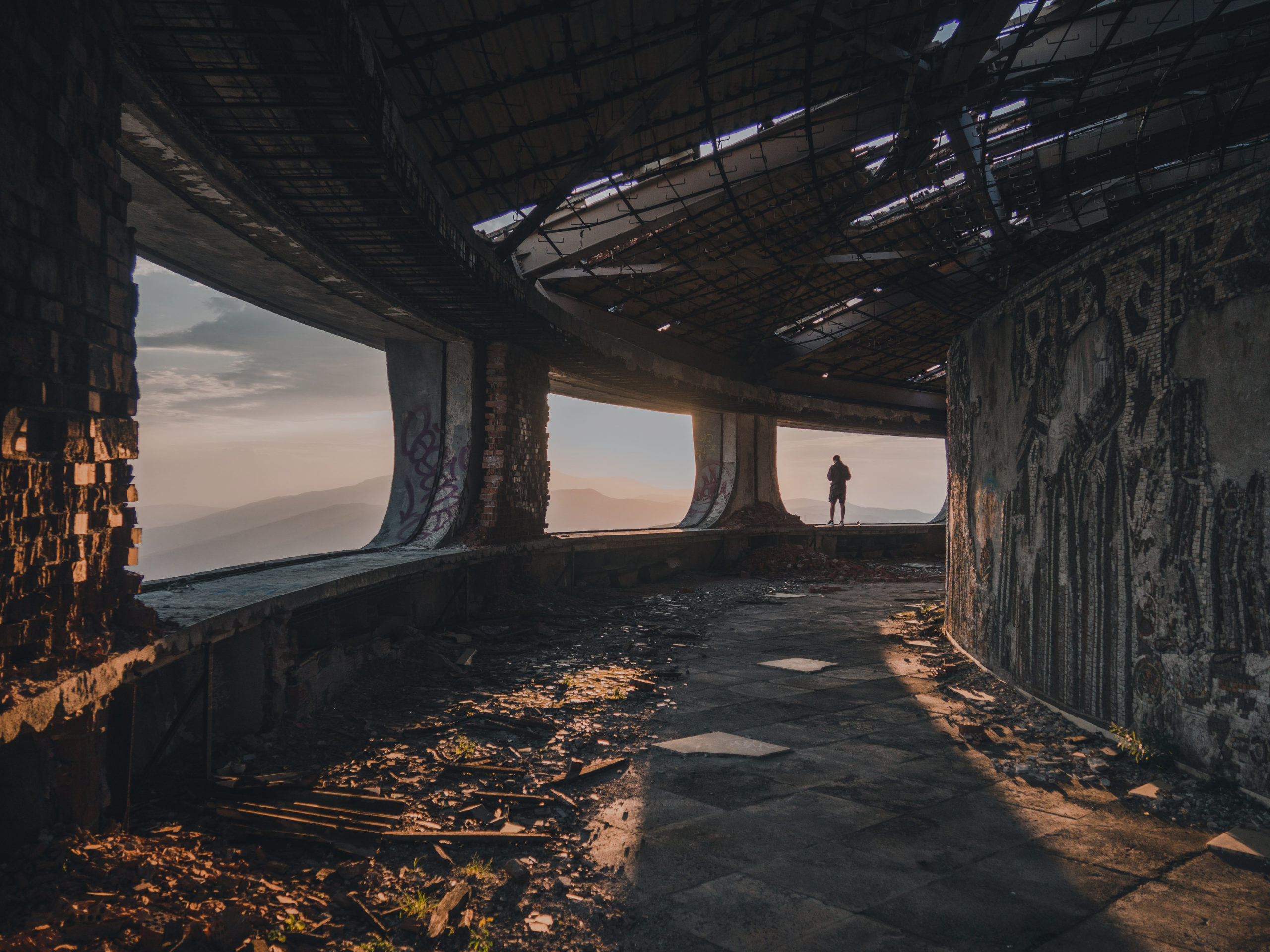
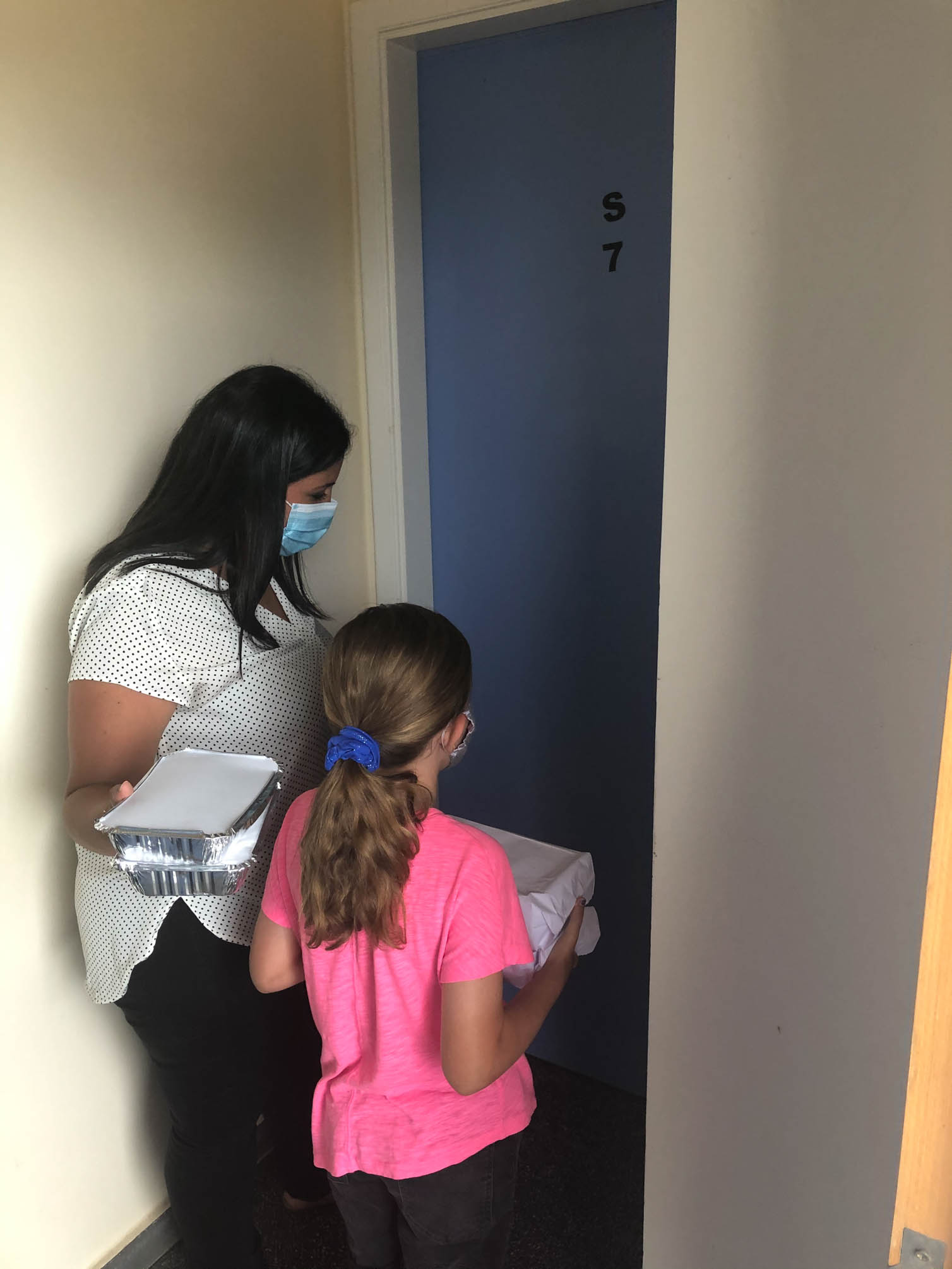
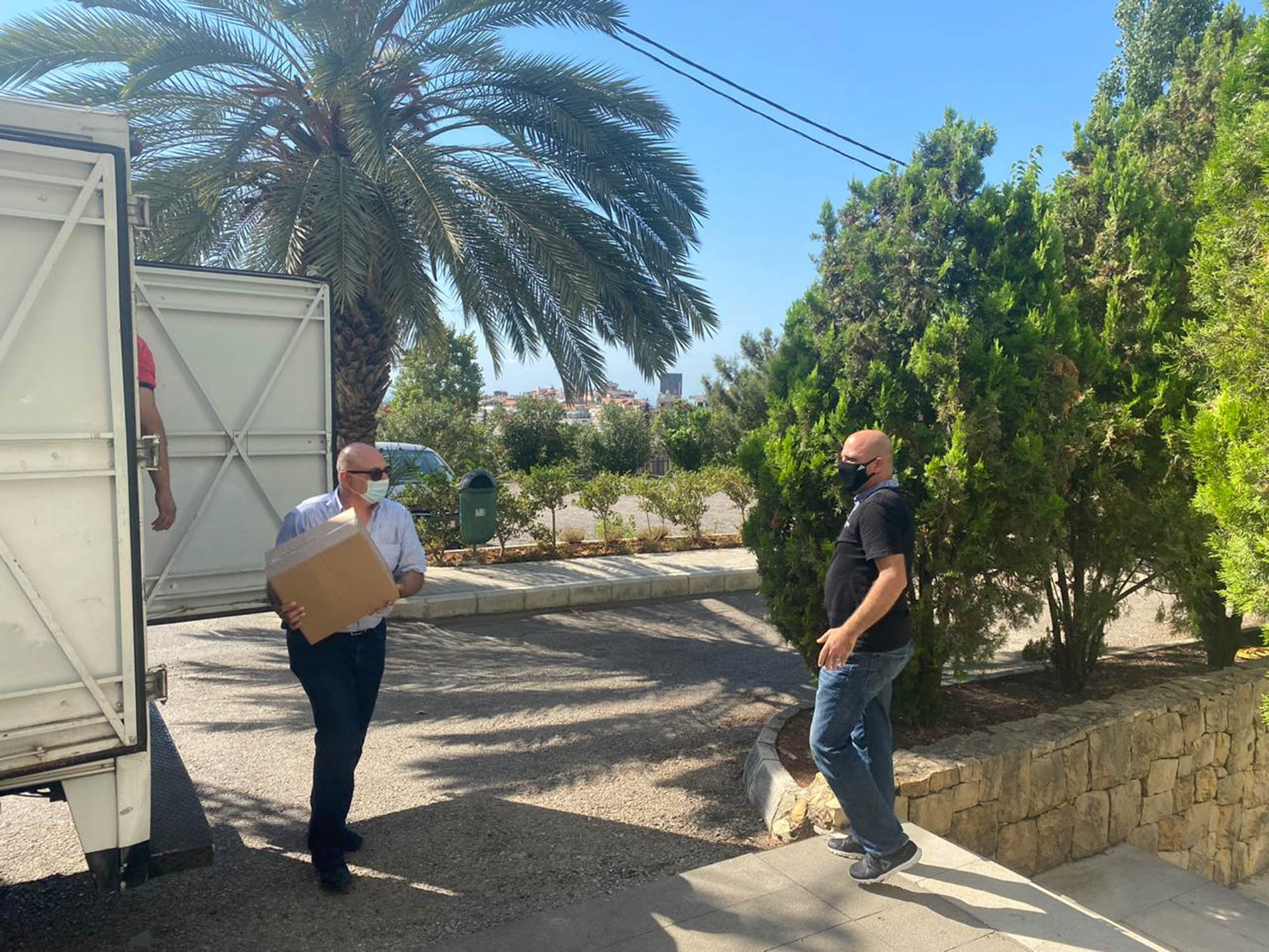
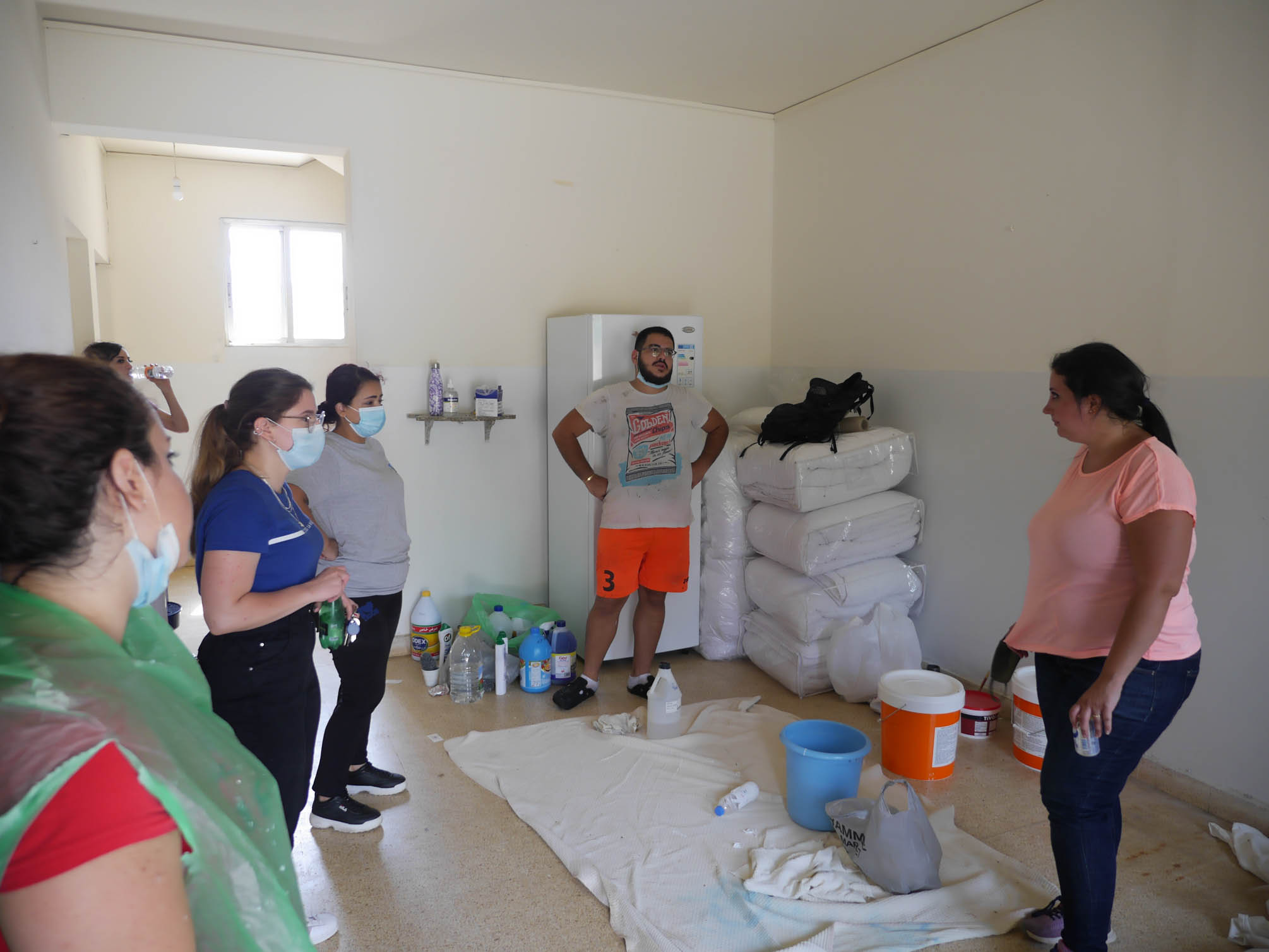
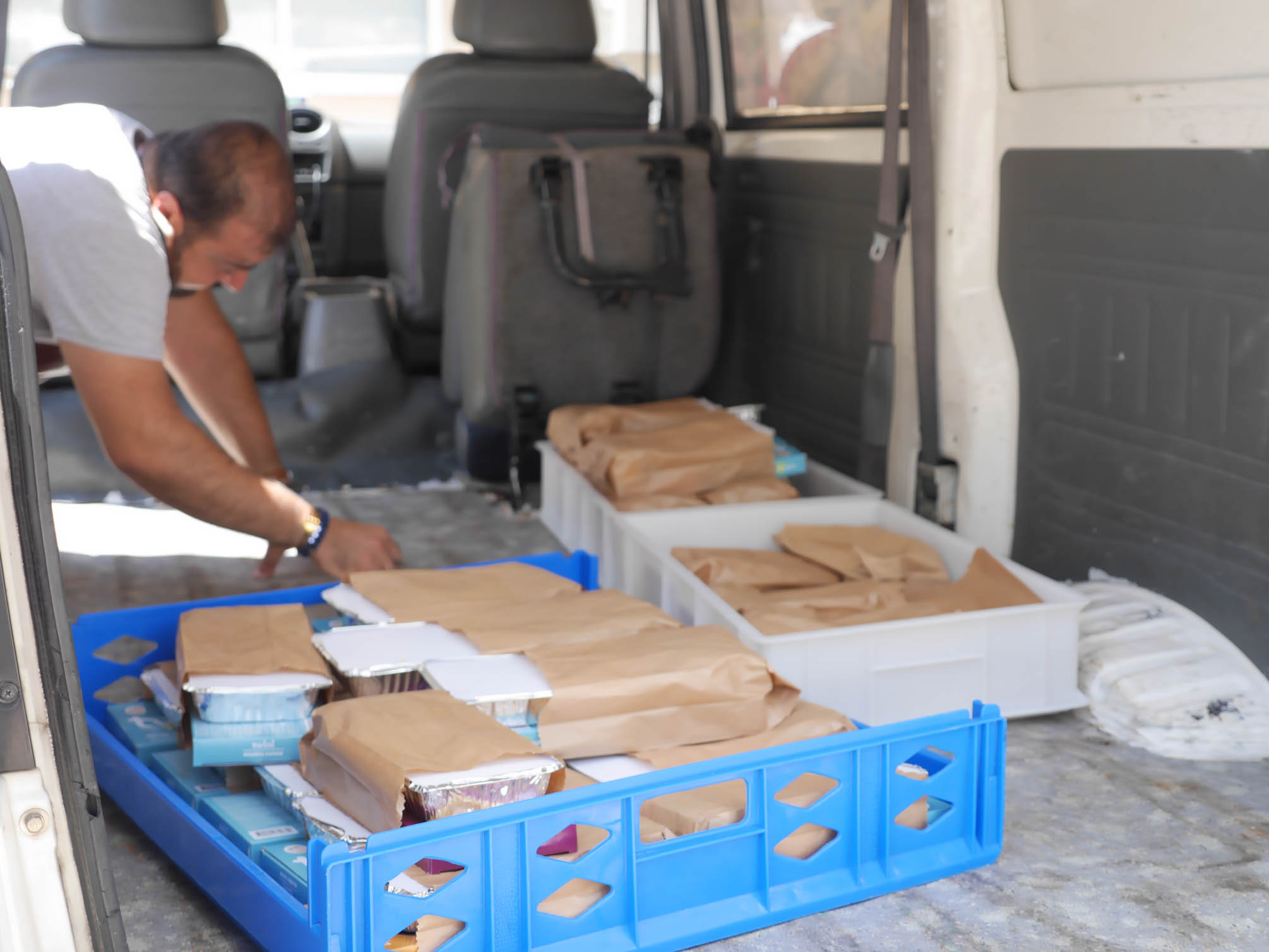
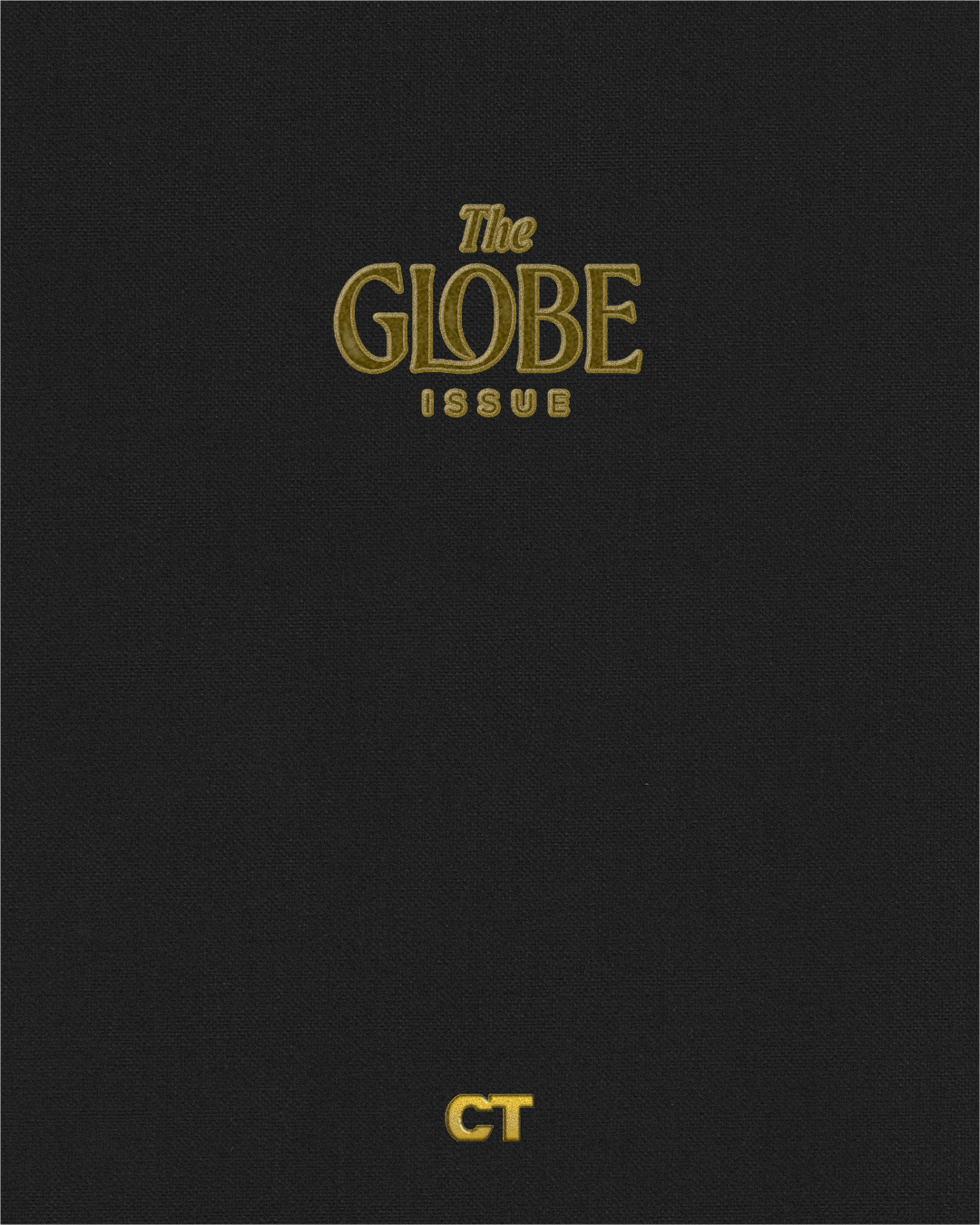
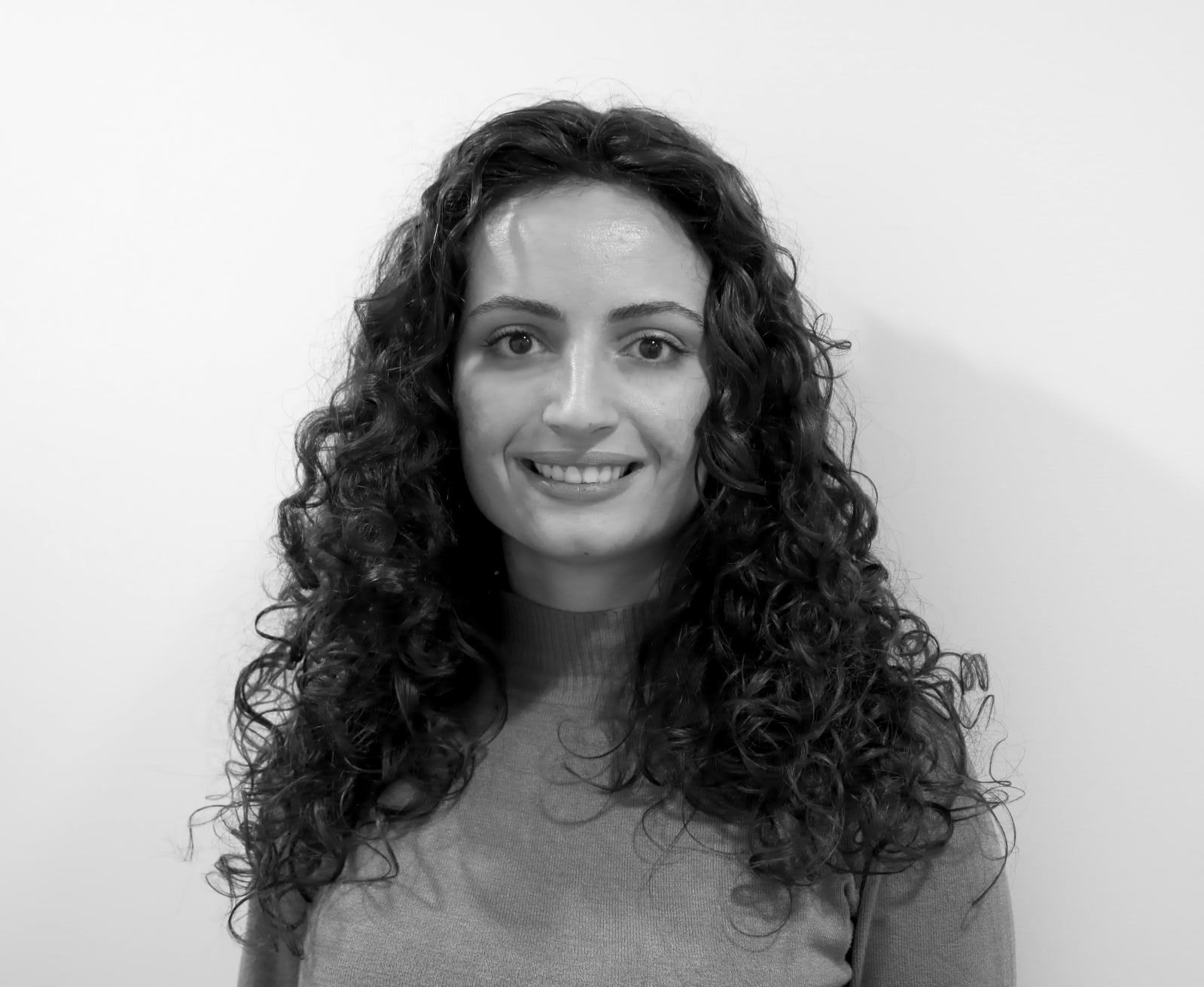
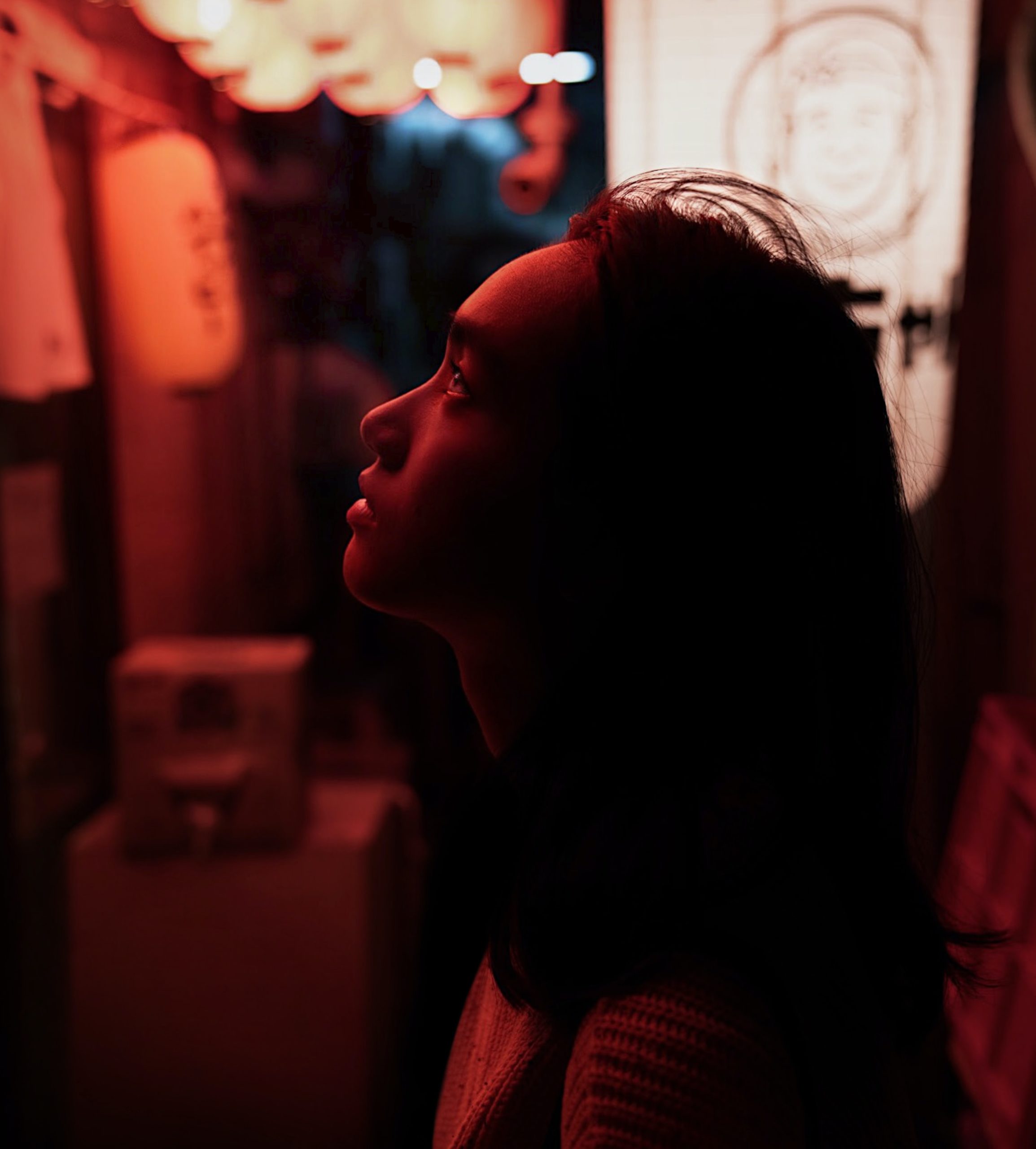
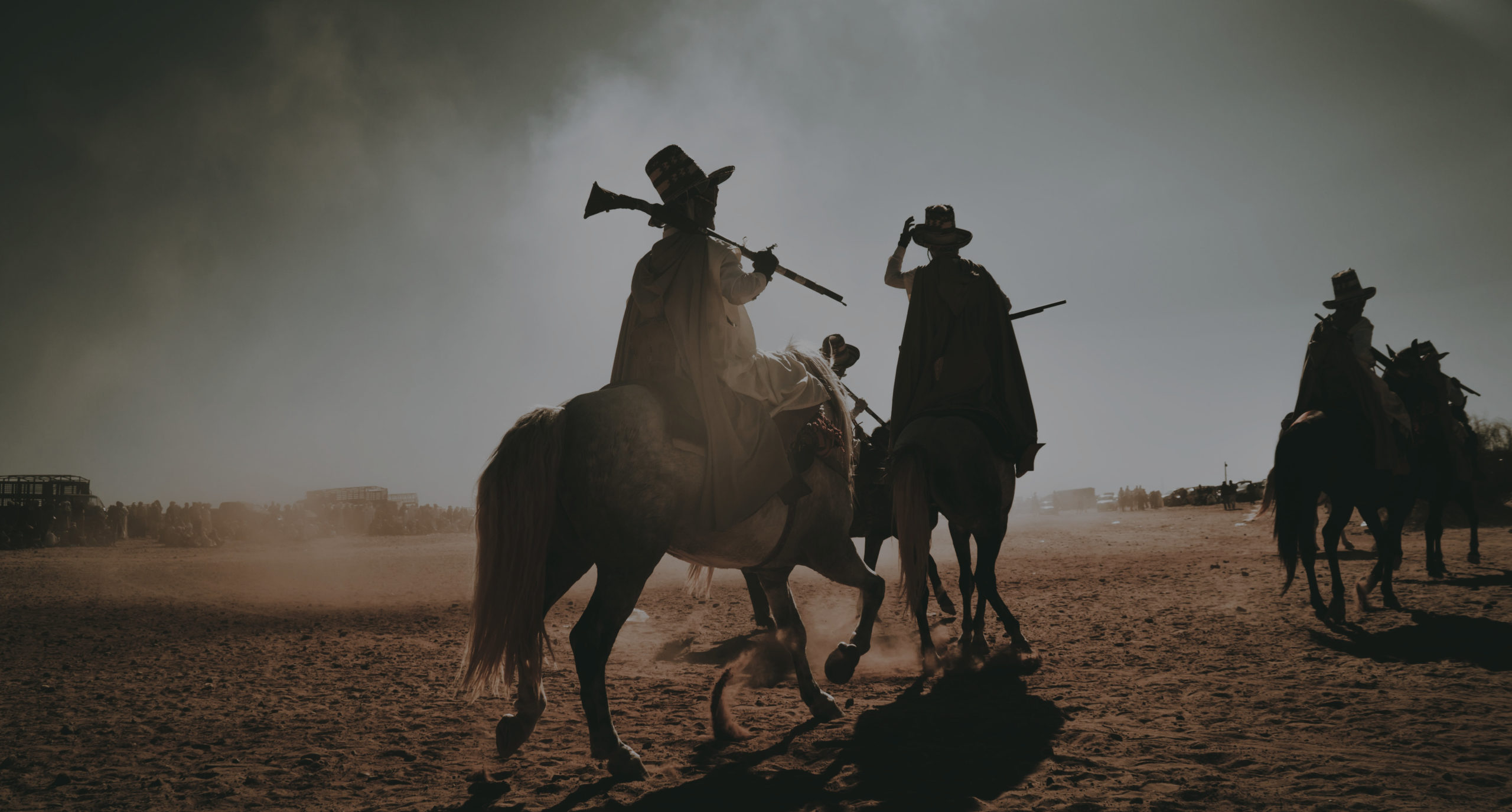
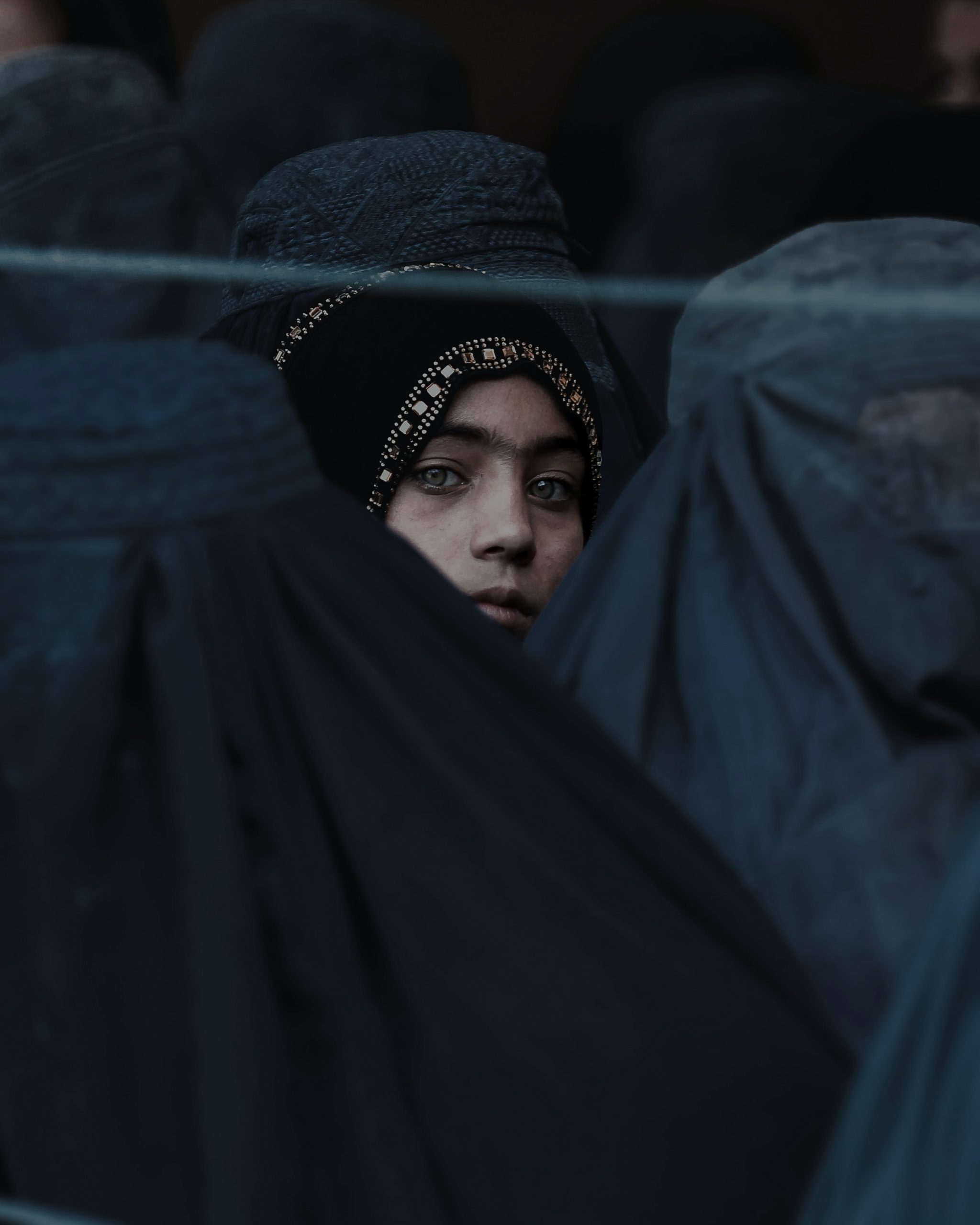
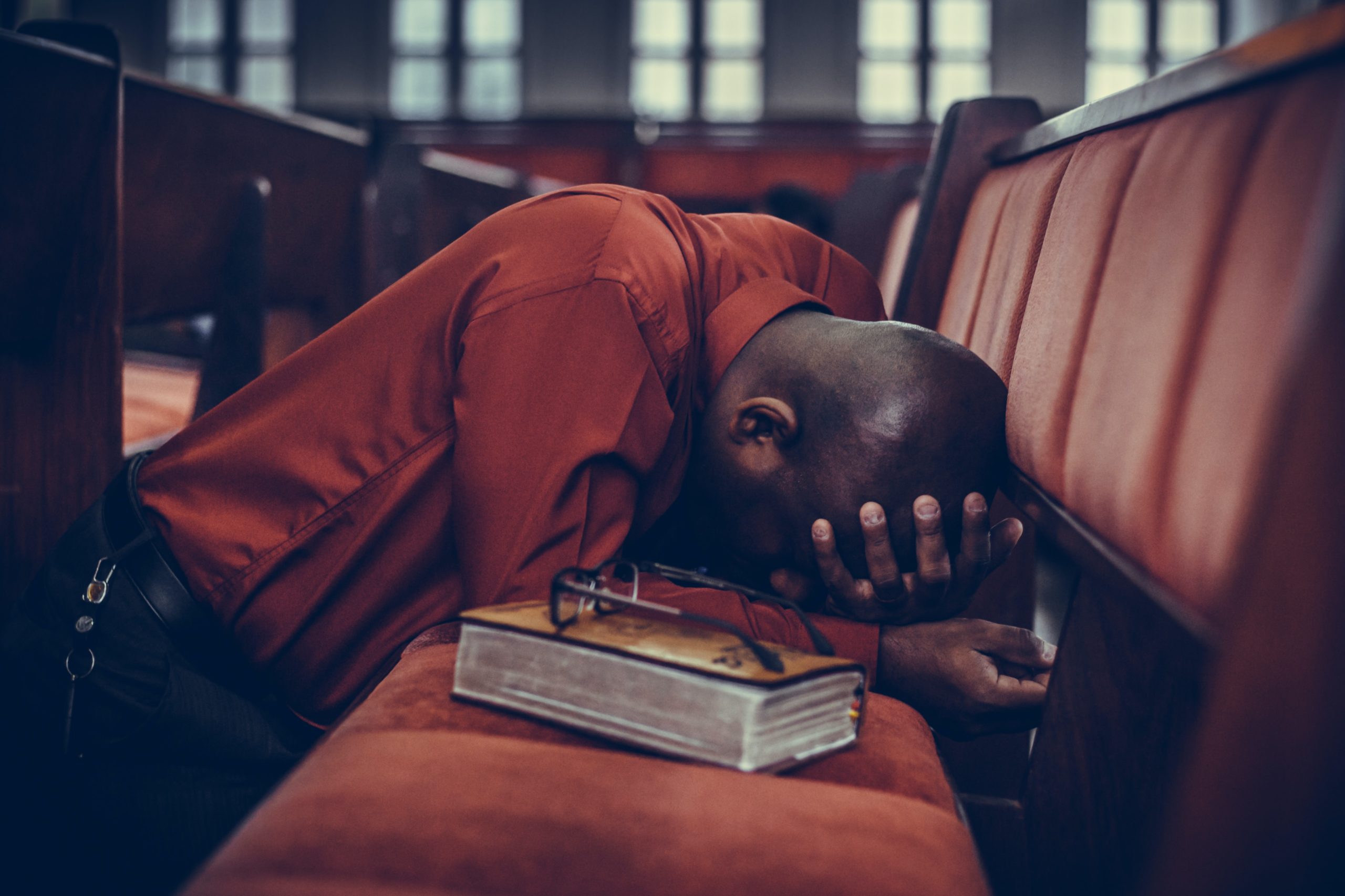
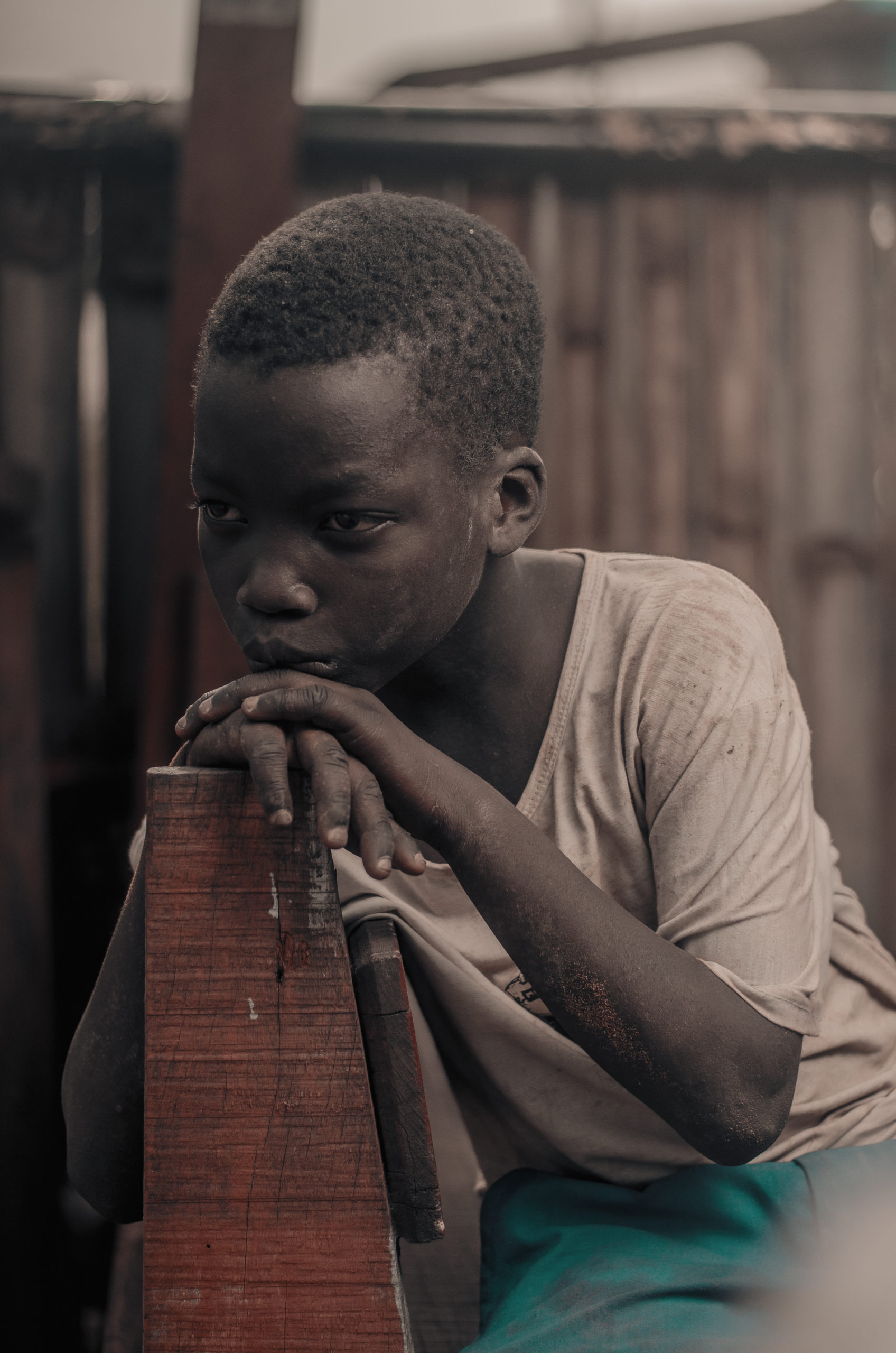
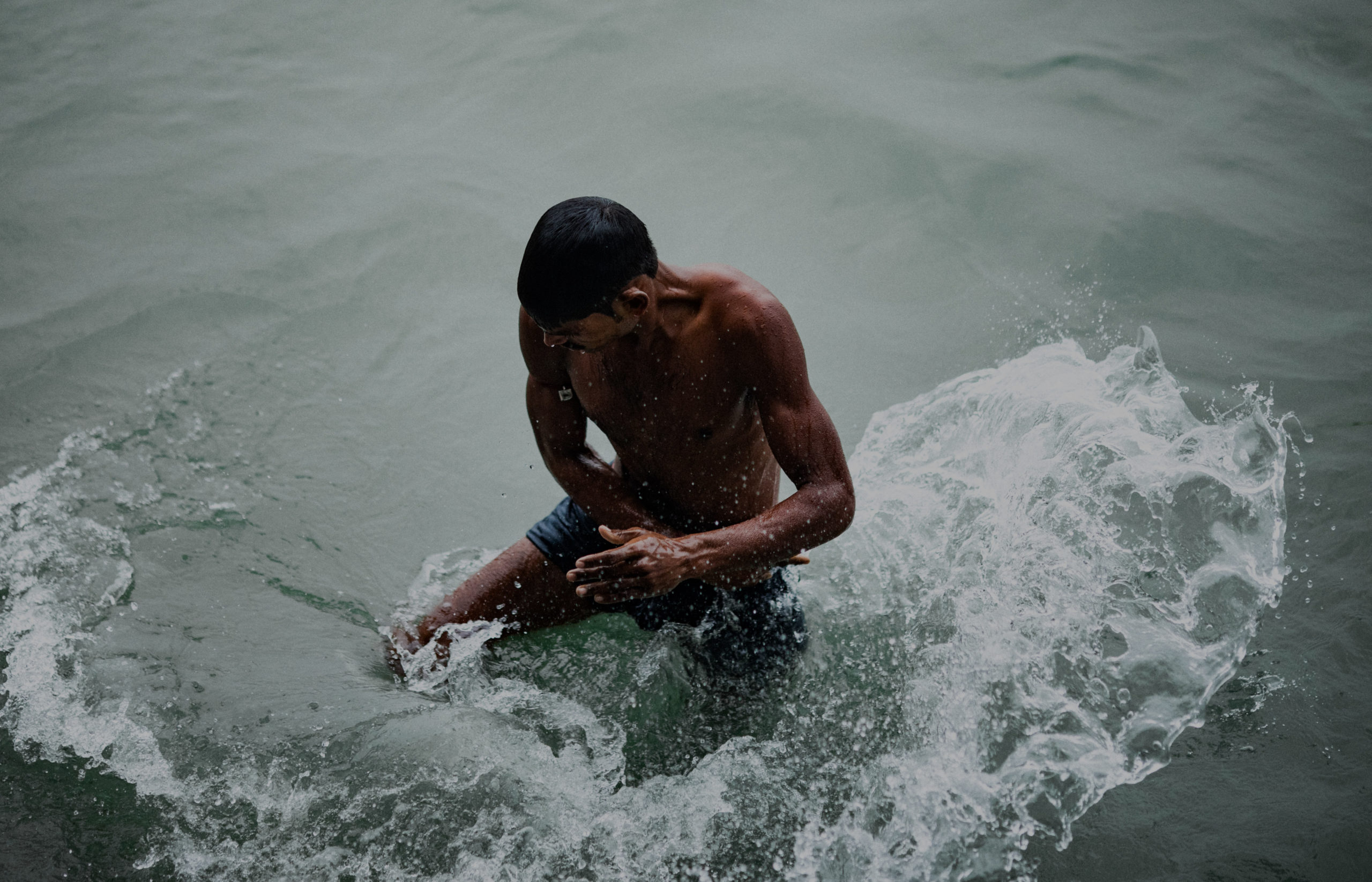
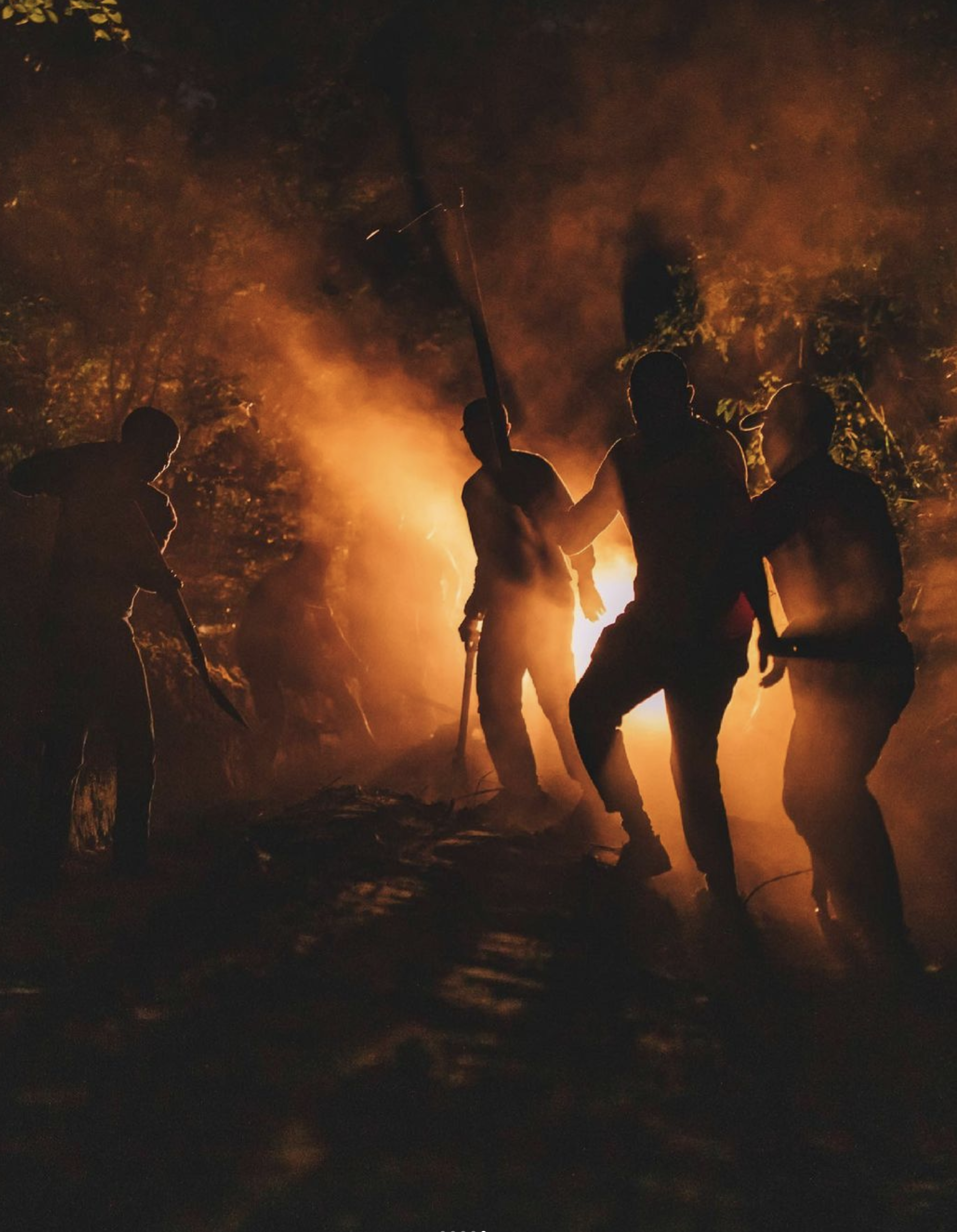
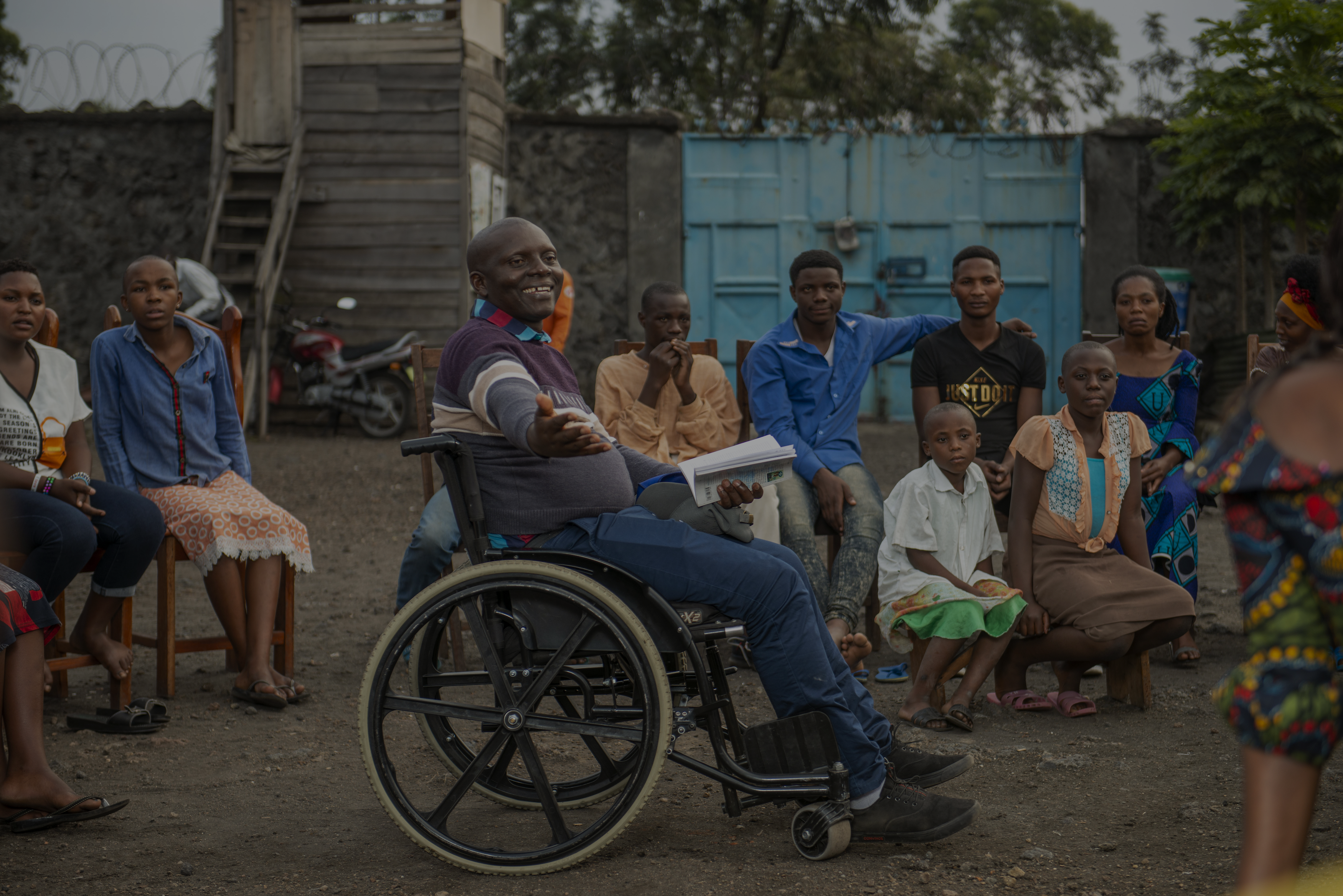
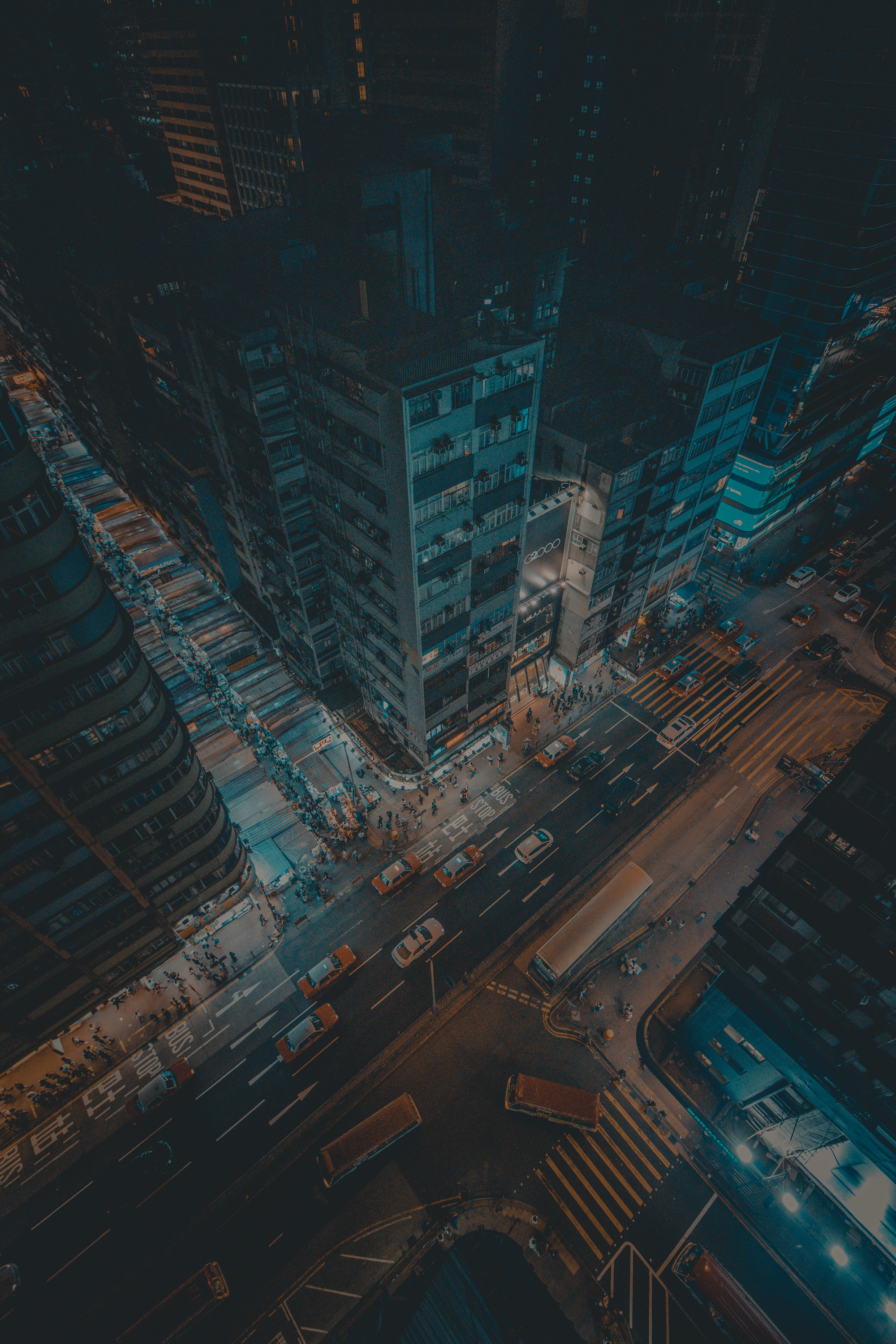
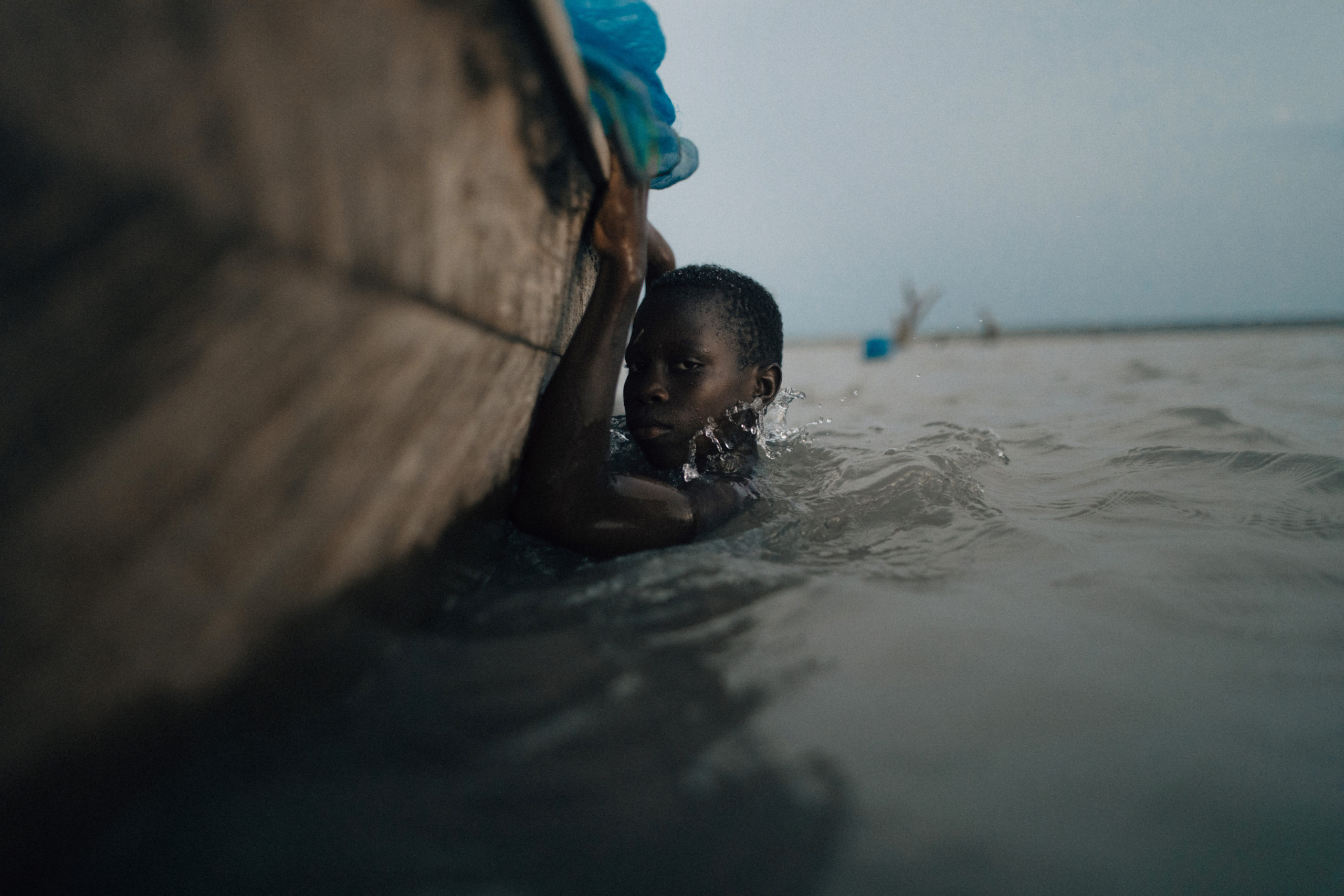
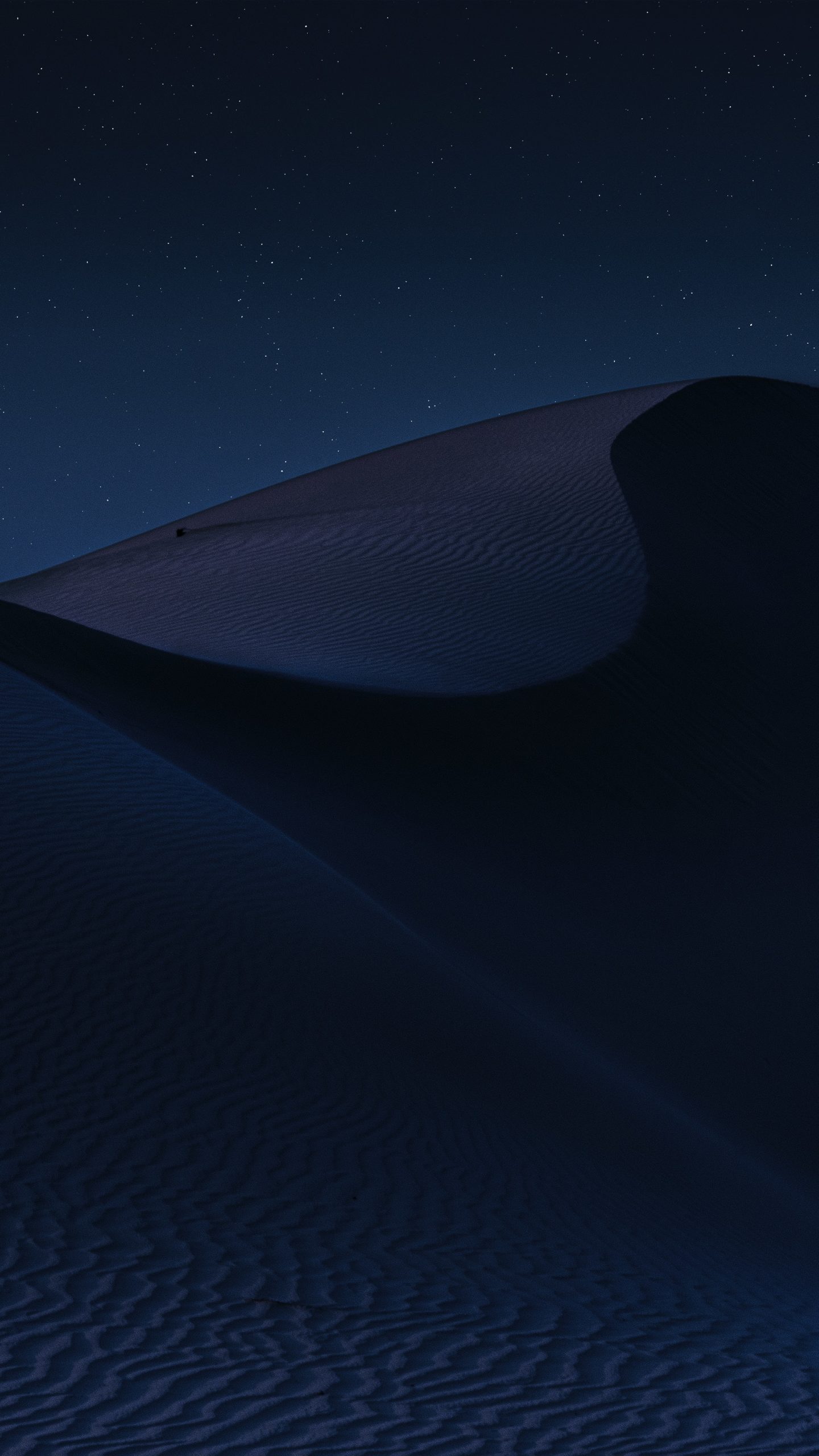
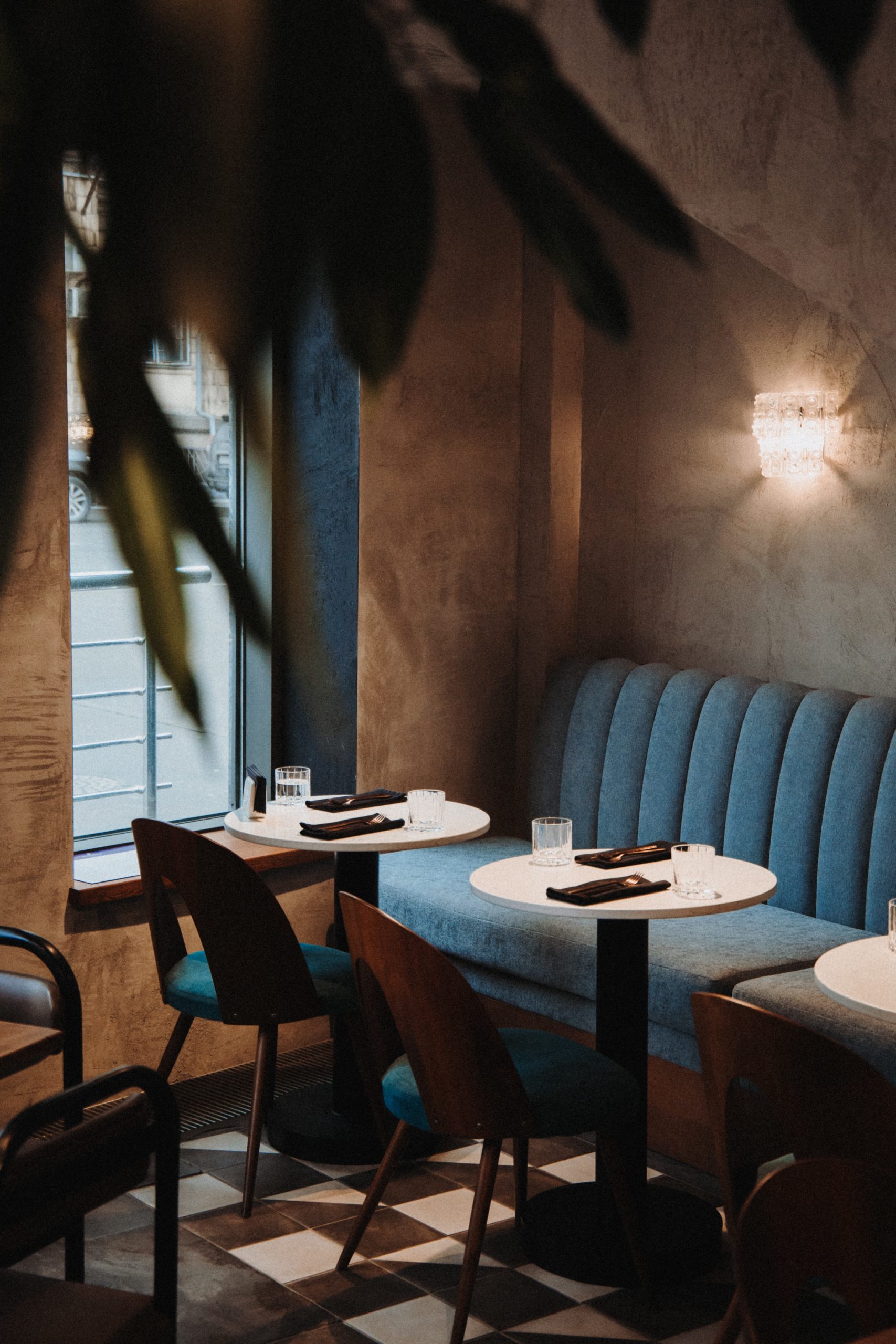
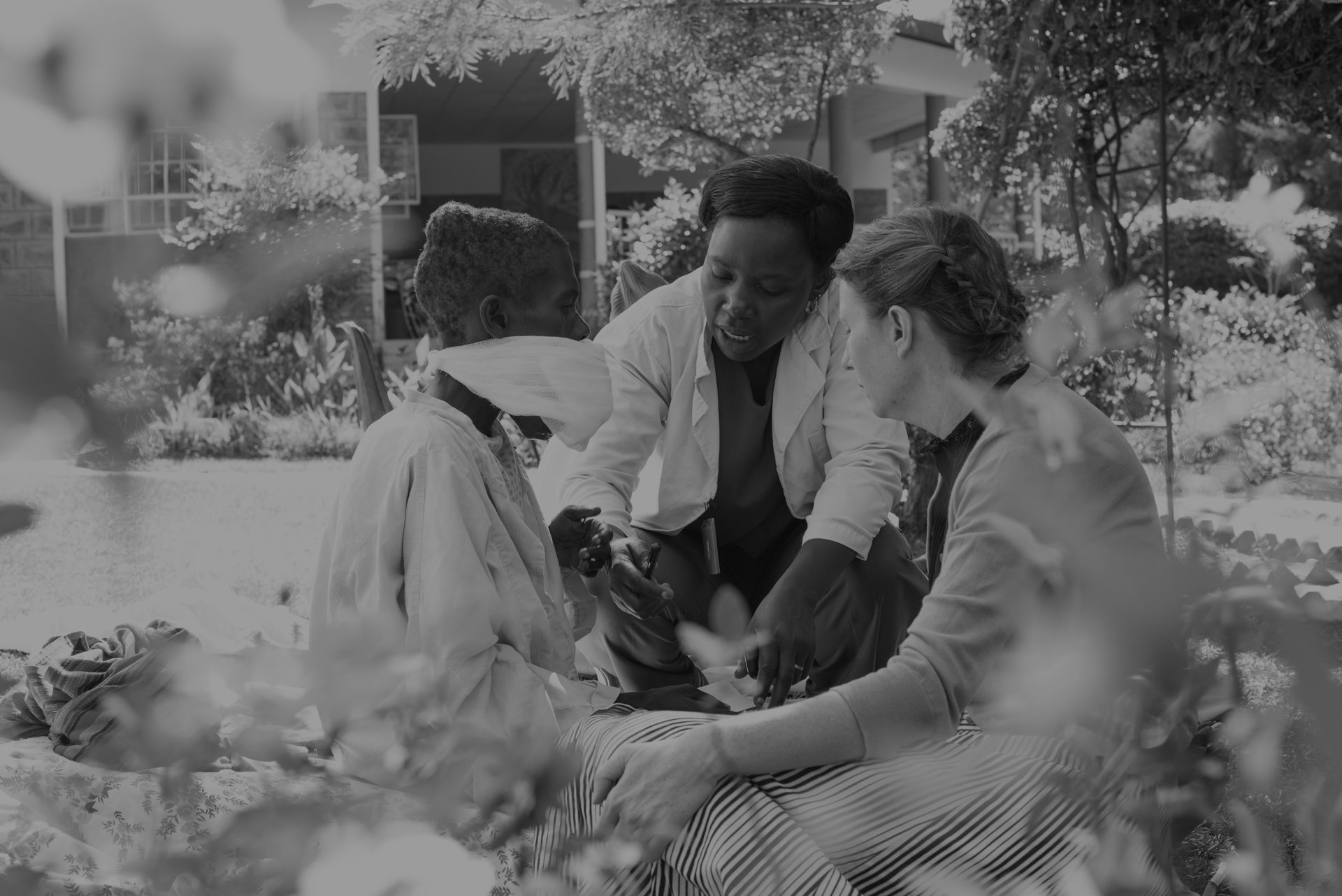
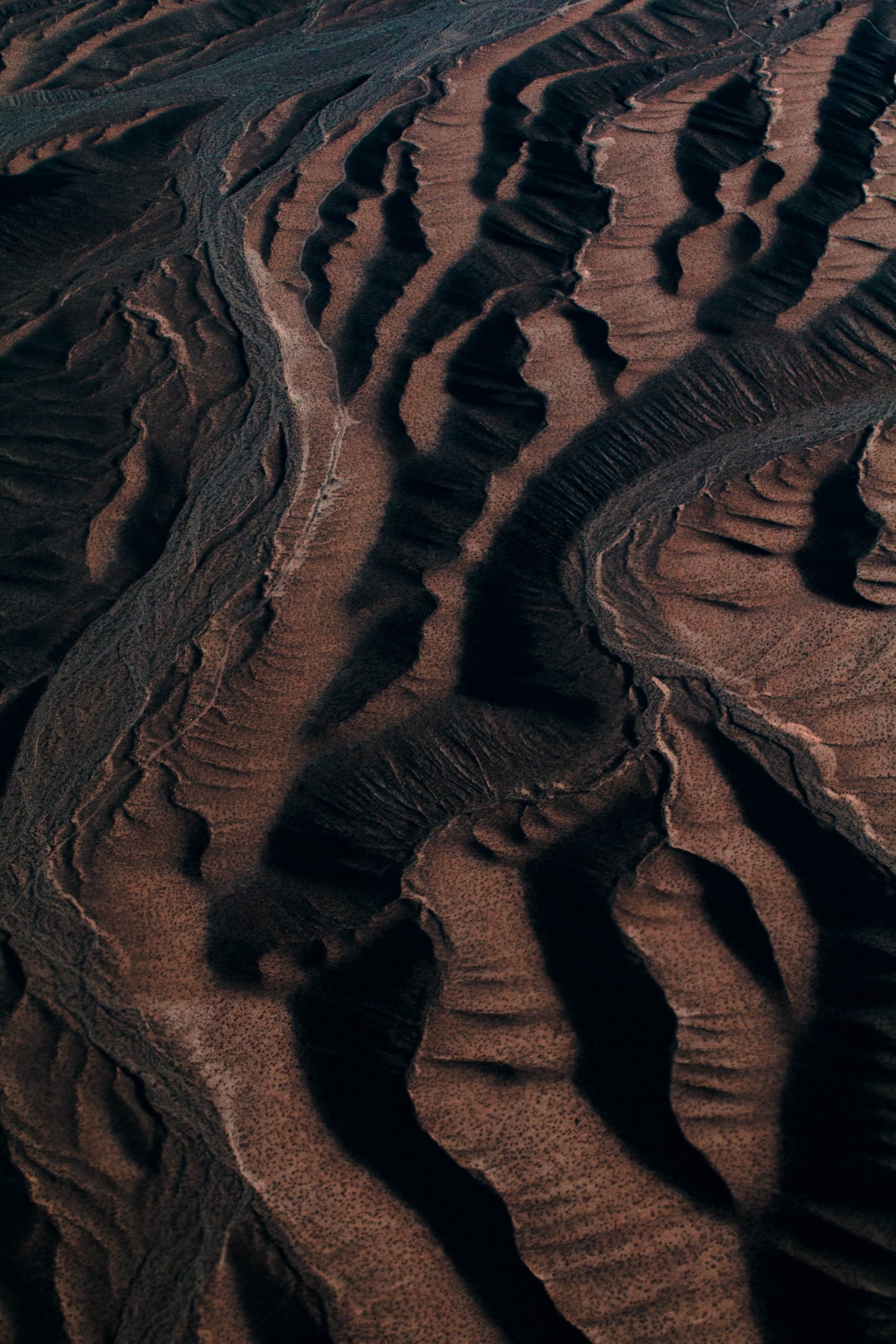
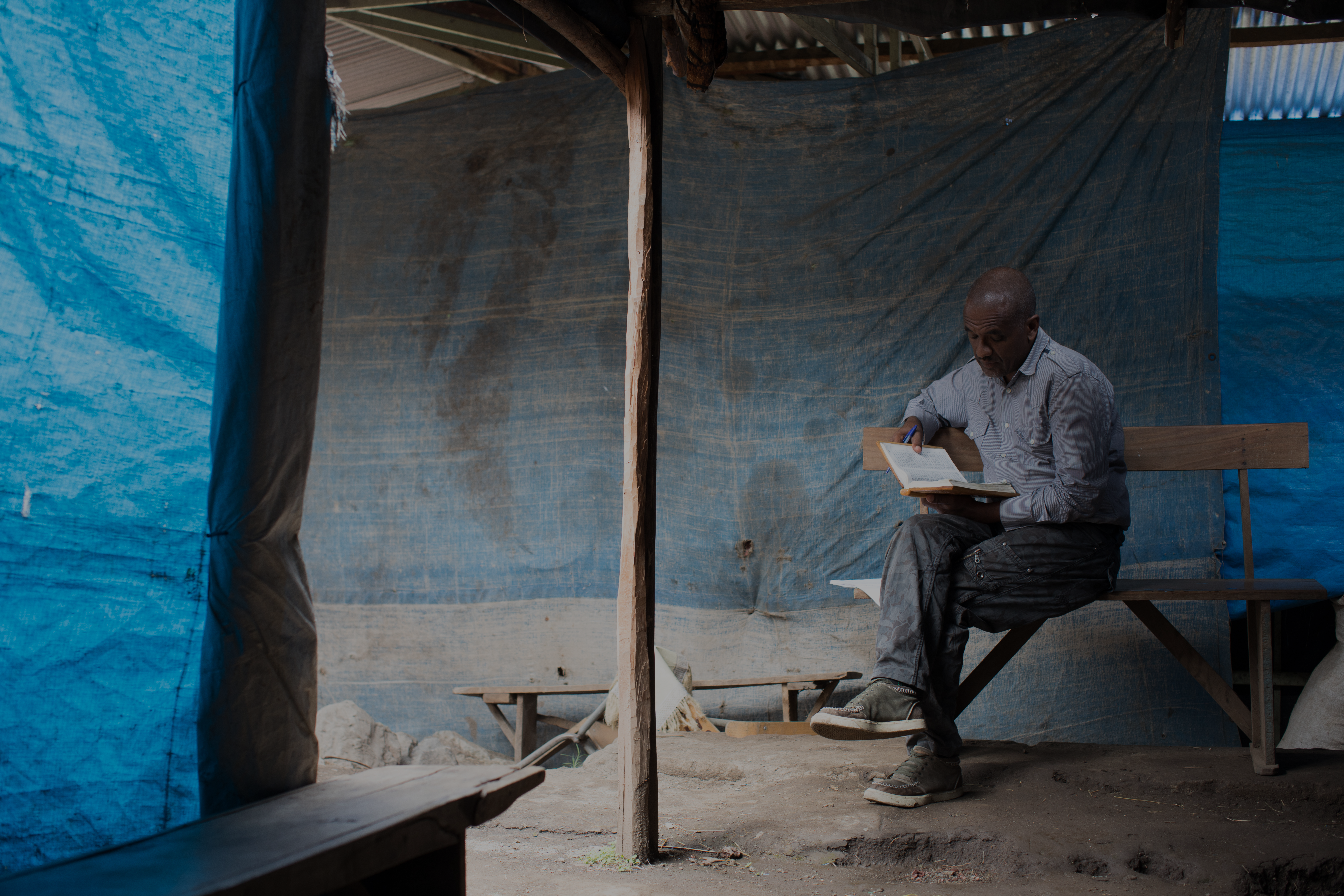
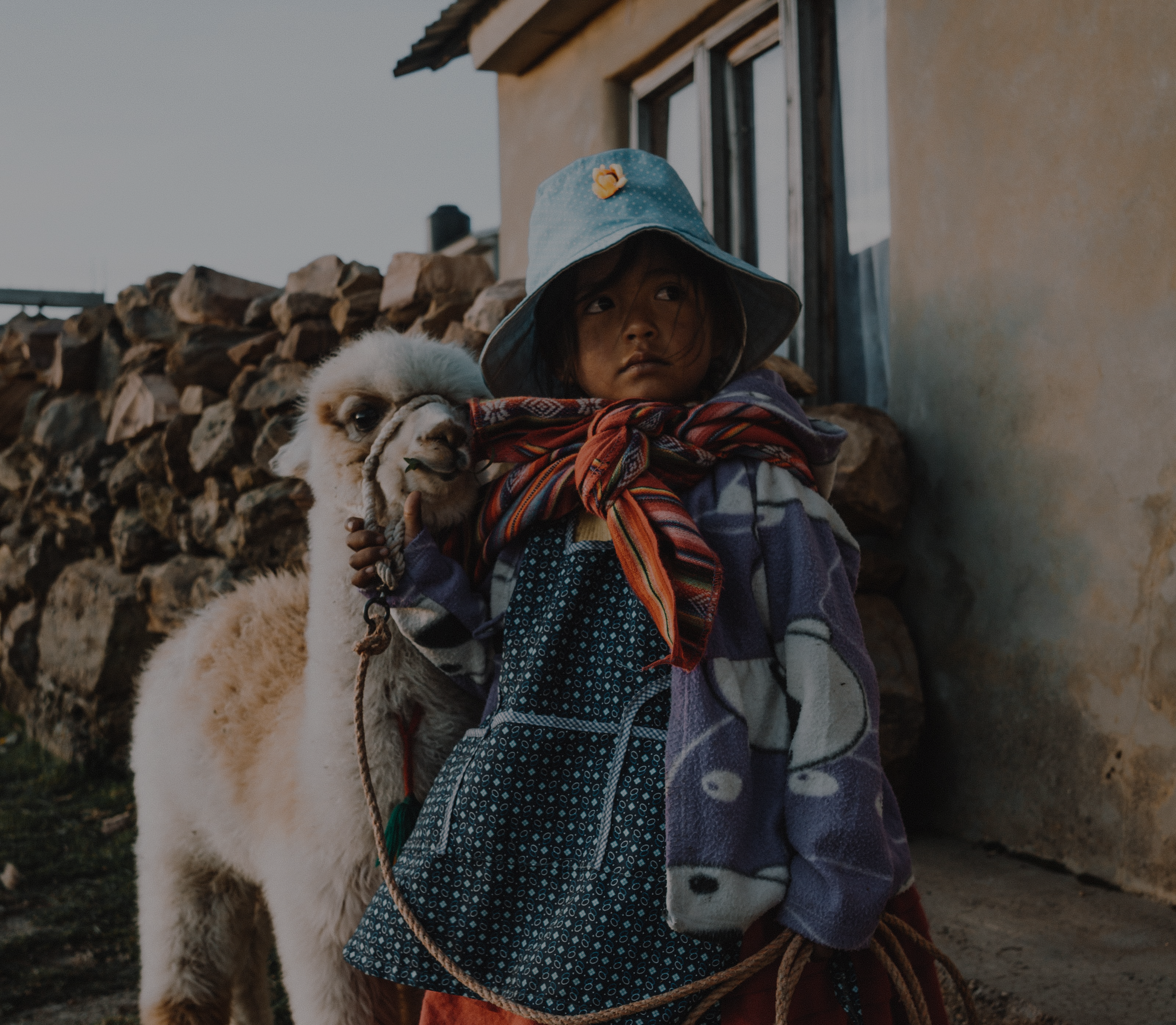
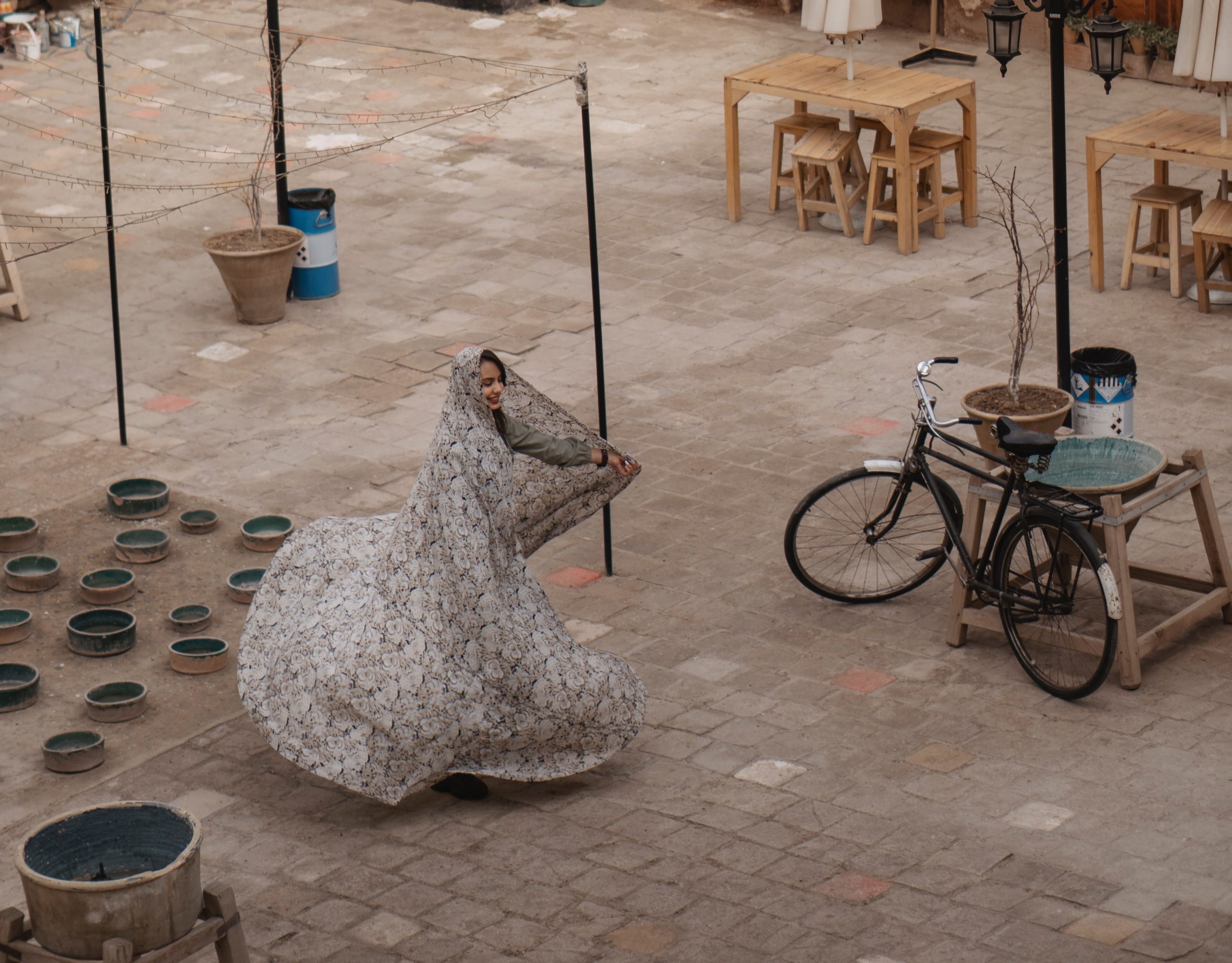
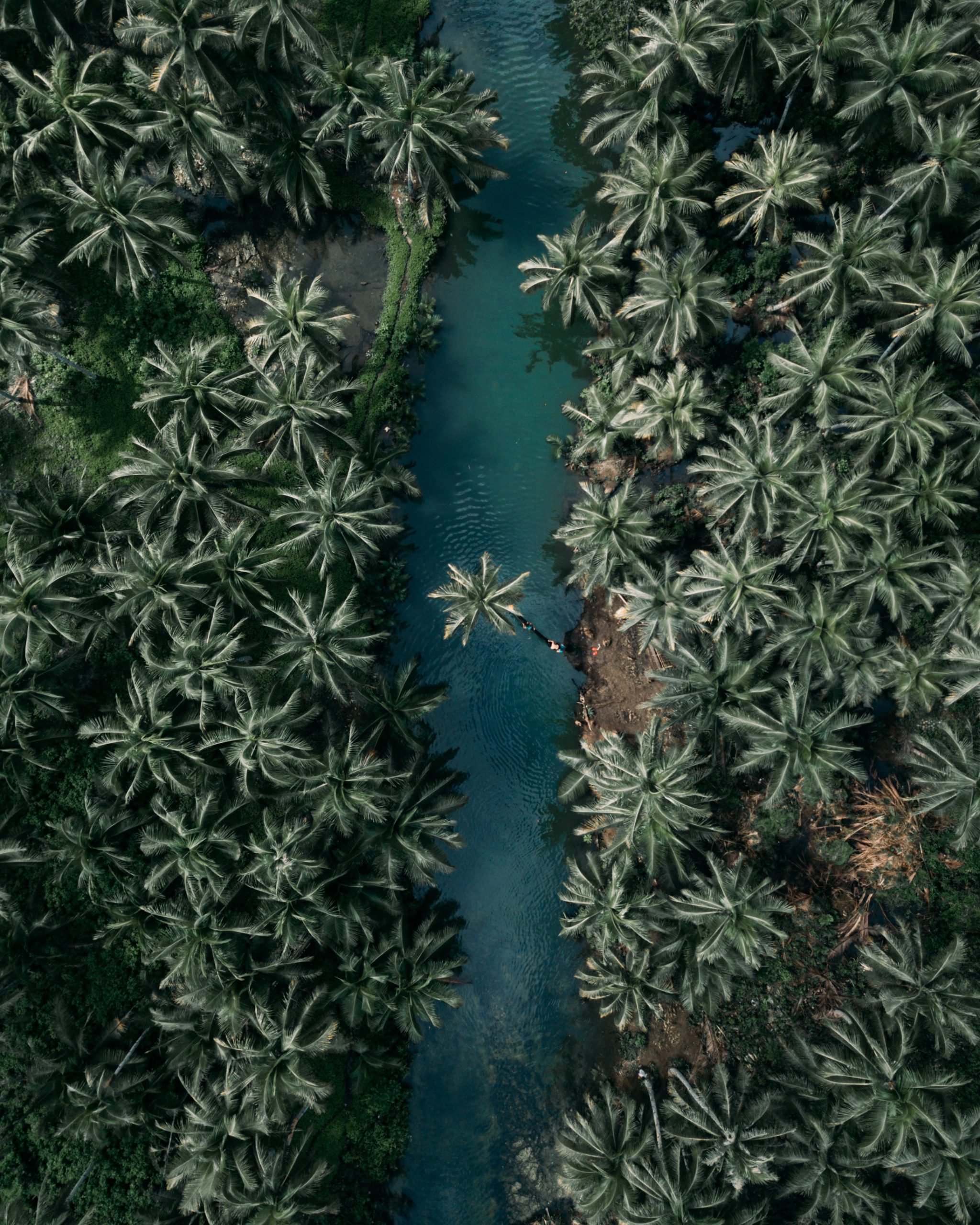
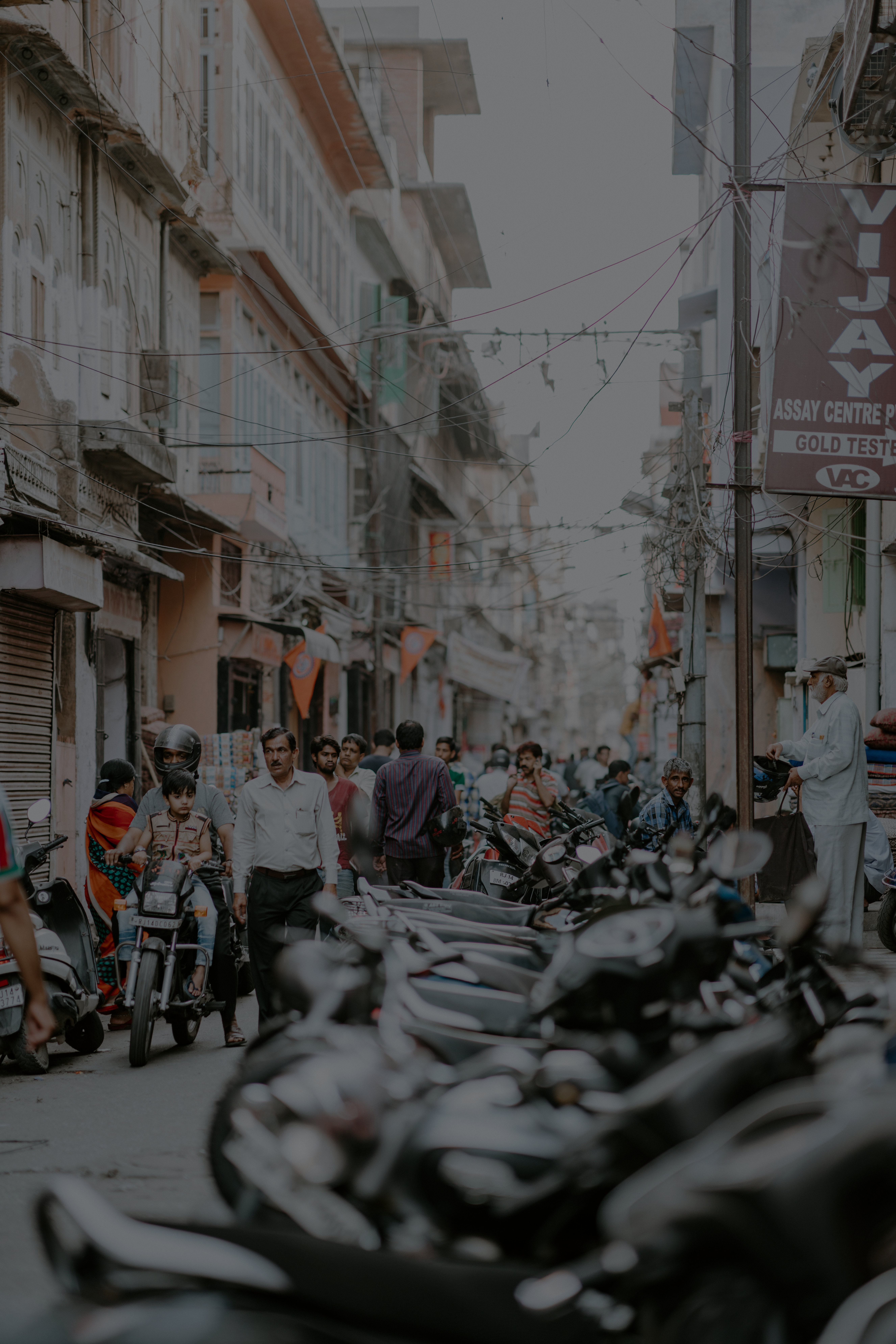
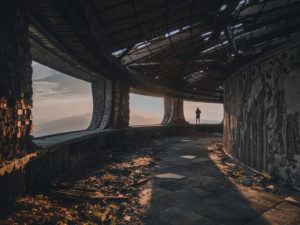
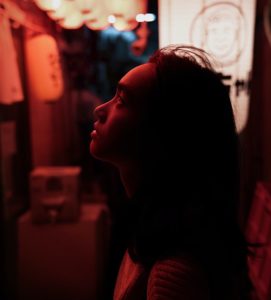
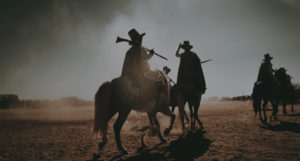
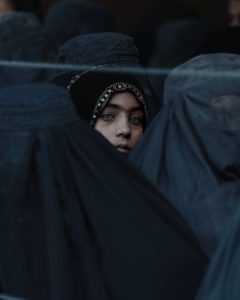
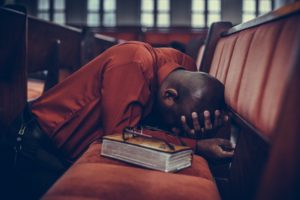
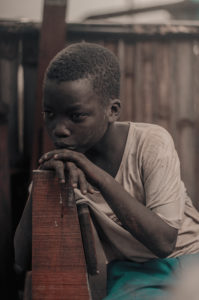
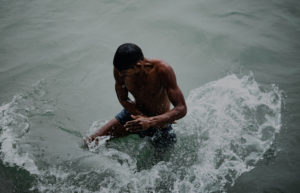
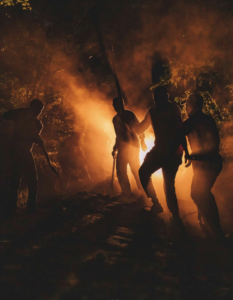
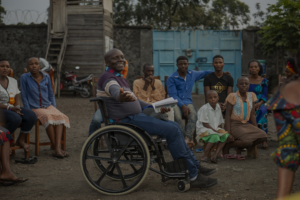
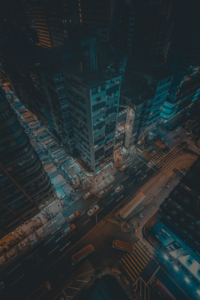
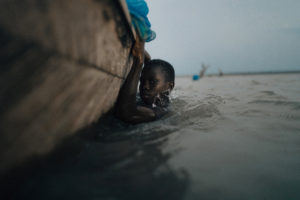

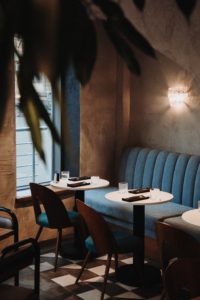
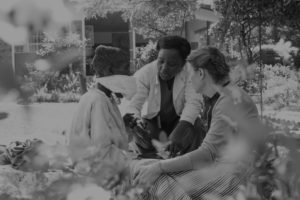

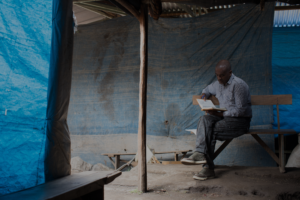

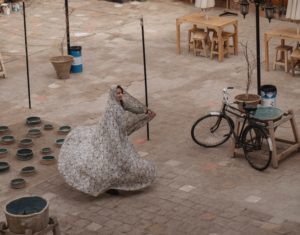

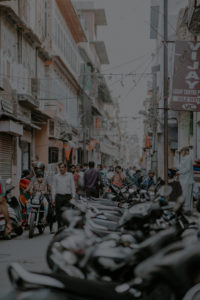
Share Article